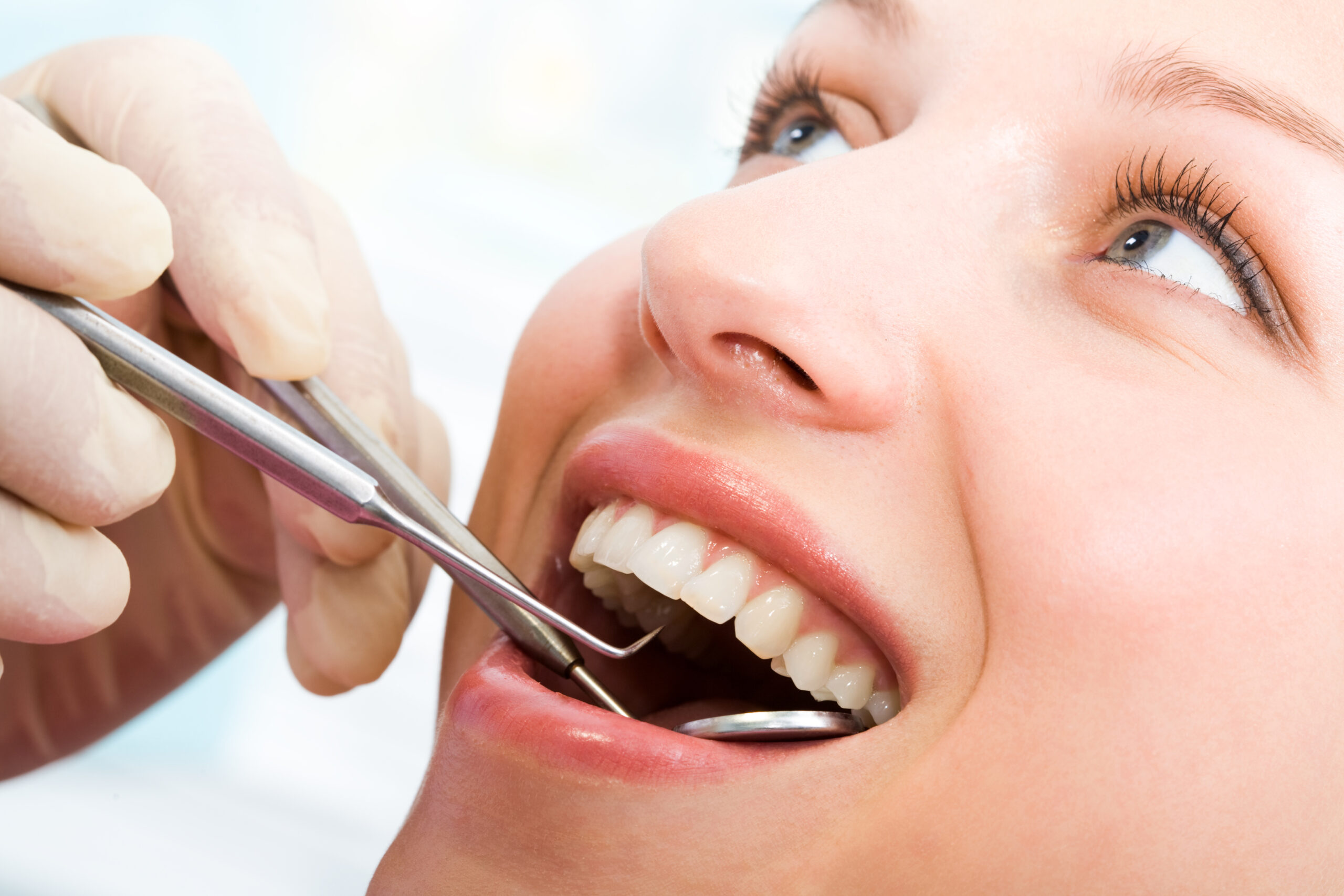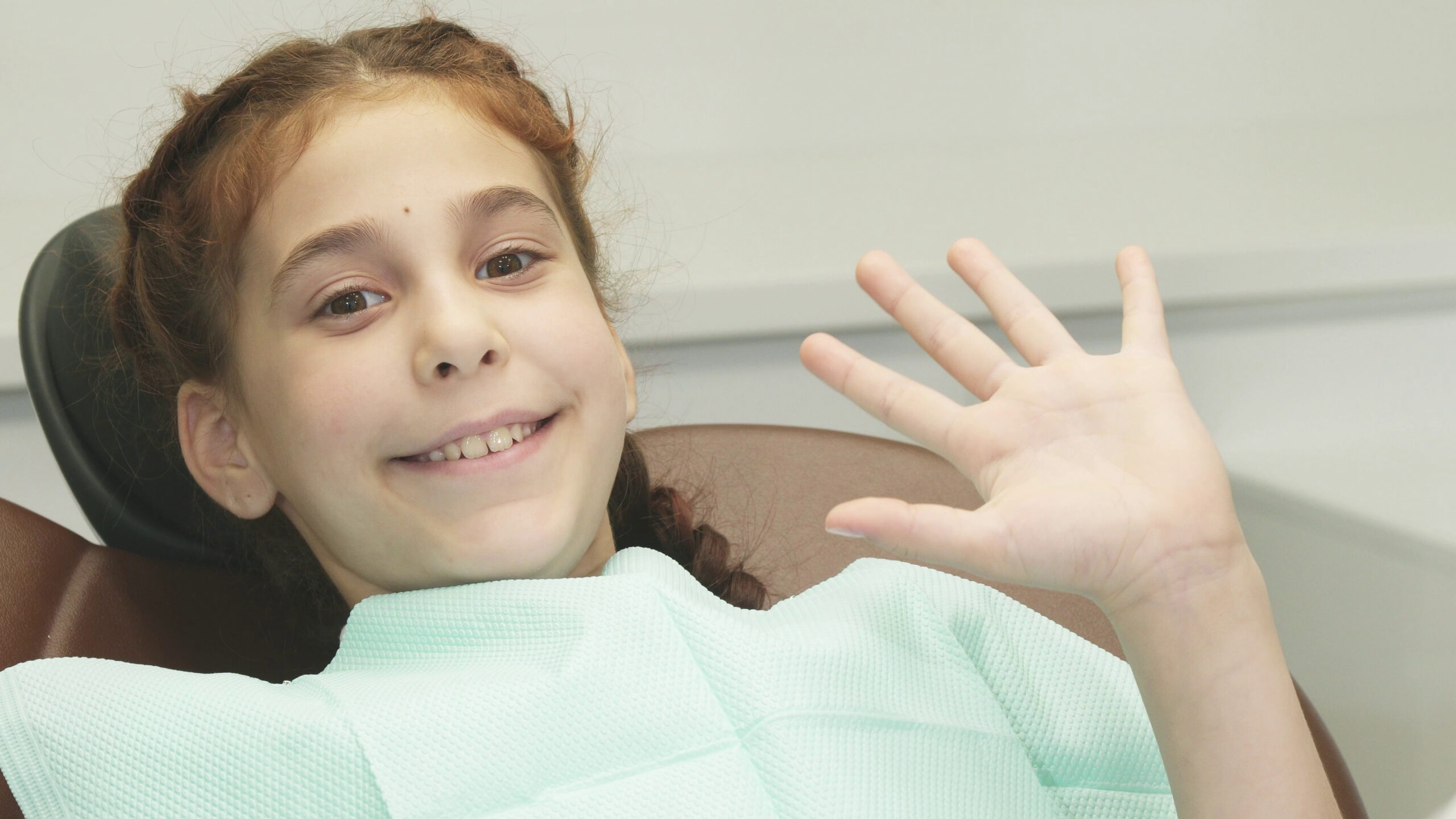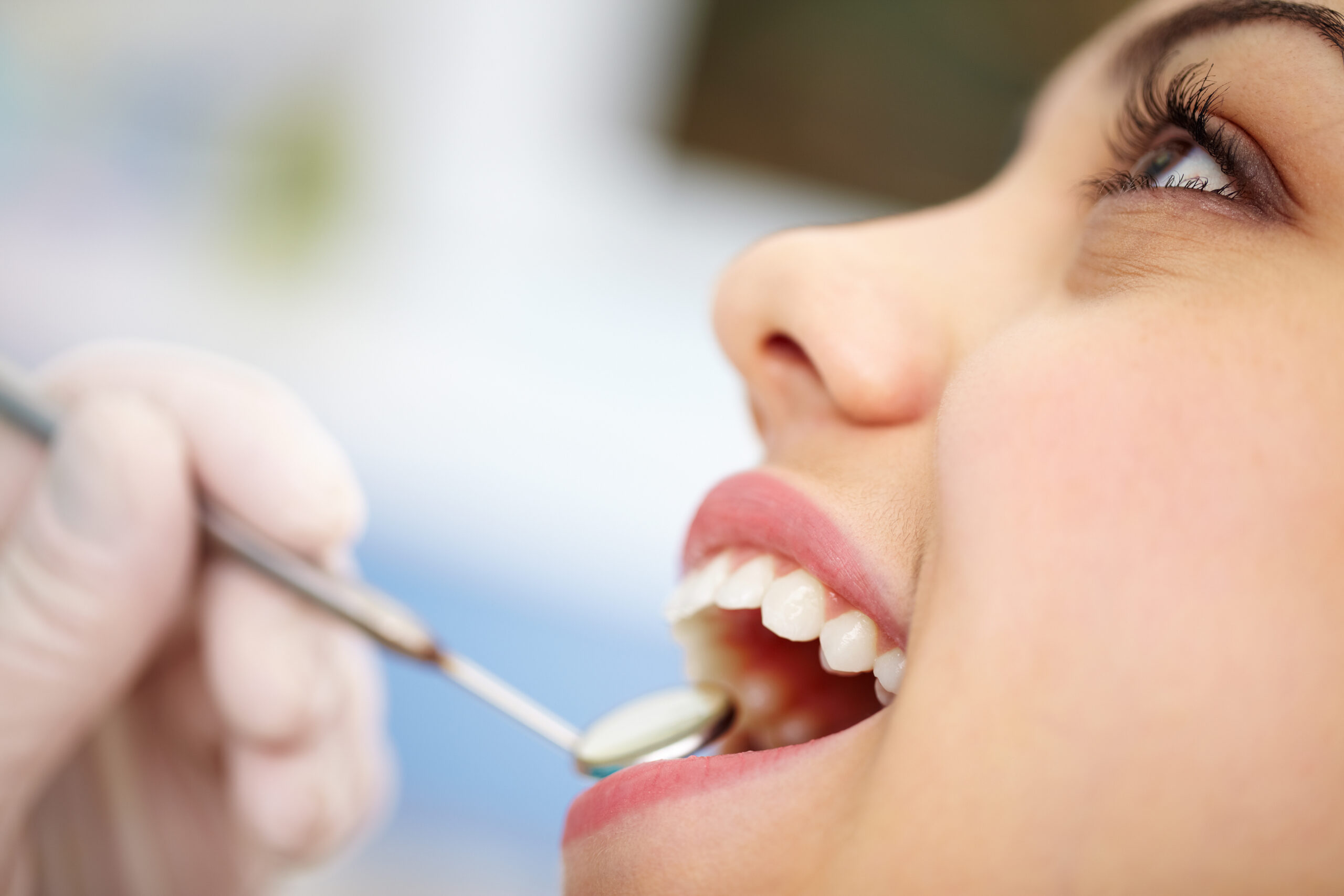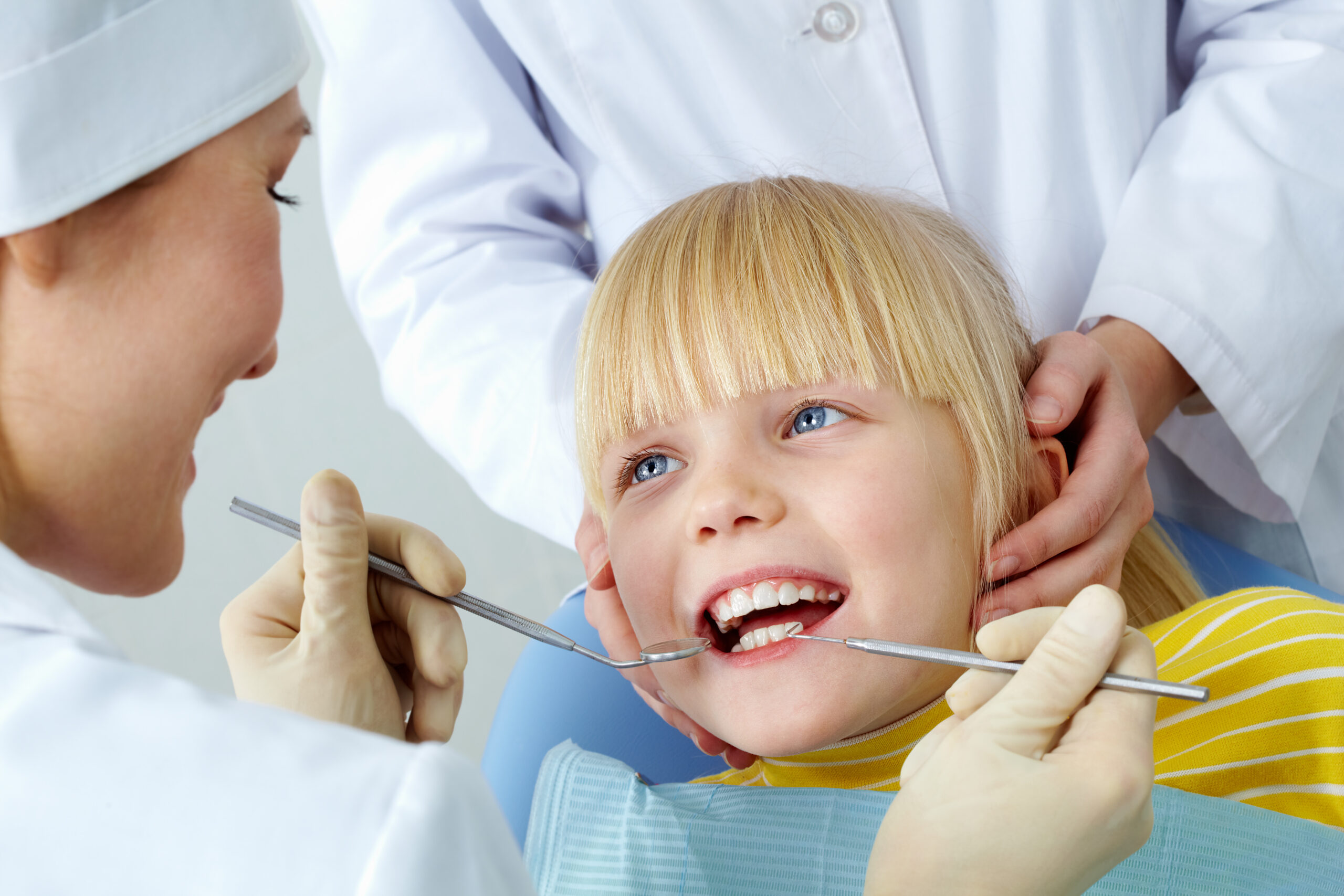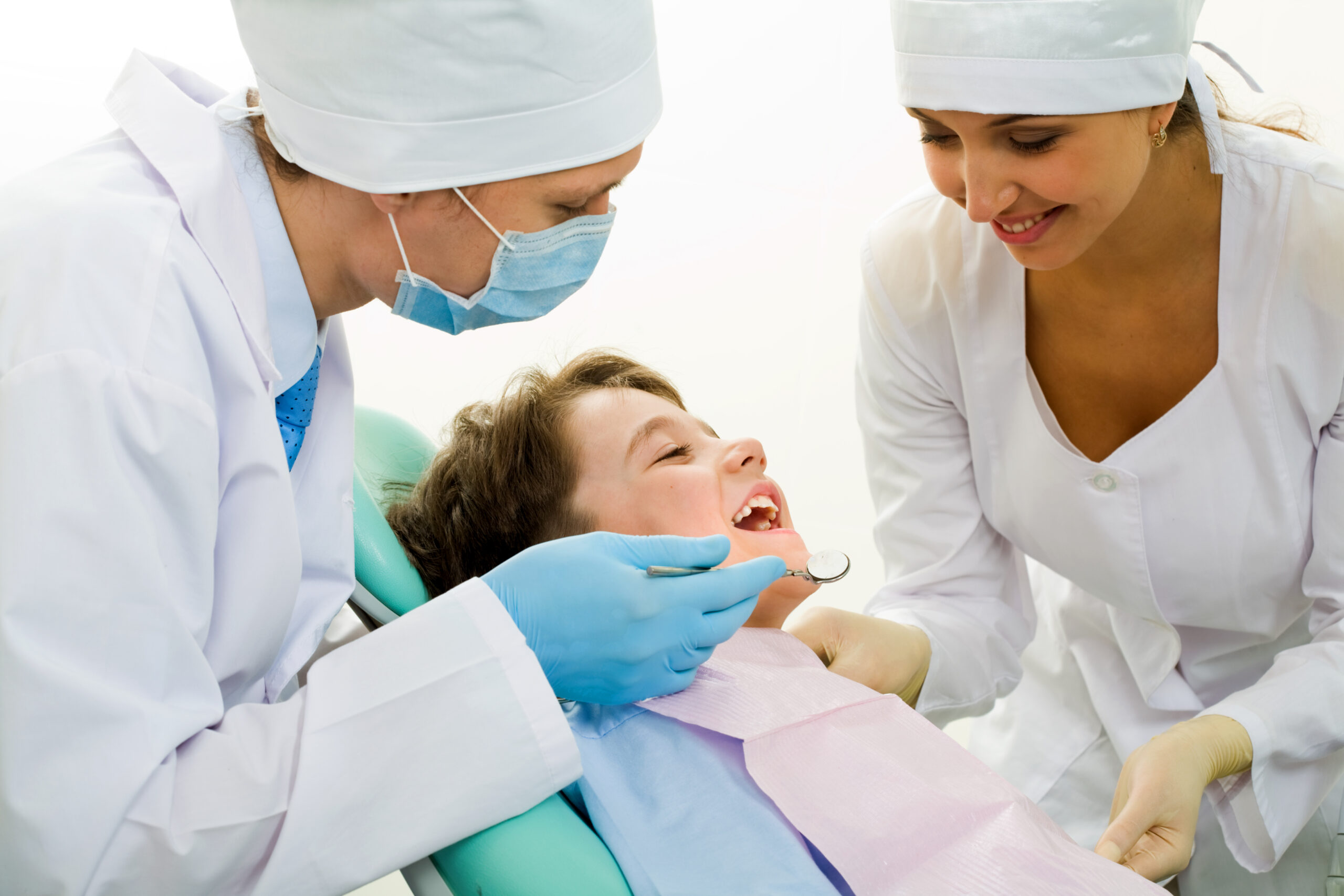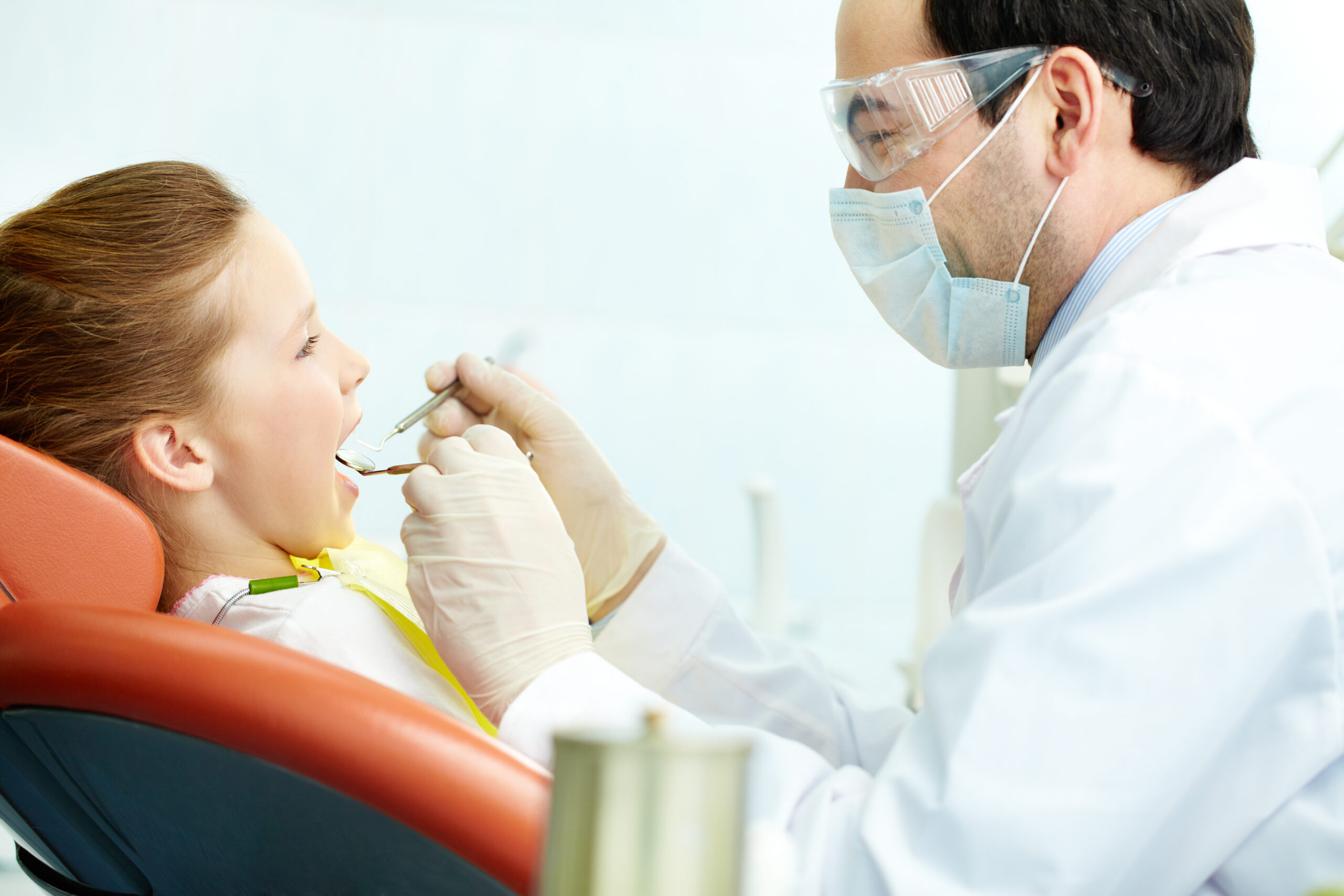
Signs that Your Child’s Wisdom Teeth May Need To Be Removed
July 04, 2024 ABC Children's Dentistry
Wisdom teeth, also known as third molars, typically emerge between the ages of 17 and 25, although many children may need wisdom teeth removed prior to these ages for various reasons. Removing wisdom teeth is a common decision faced by many parents, but it is not always straightforward. The decision to have your child’s wisdom teeth removed depends on several factors, including the development of the teeth, the space available in the mouth, and any symptoms of potential problems. Here are some key considerations to help determine when, or if, wisdom teeth removal is necessary.
Signs that Wisdom Teeth May Need to Be Removed
There are several signs that it may be time to remove your child’s wisdom teeth, including:
- One of the most common reasons for removing wisdom teeth is impaction. This occurs when the teeth are unable to fully emerge from the gums. Impacted wisdom teeth can grow at various angles, sometimes horizontally, and can cause pain, swelling, and infection. X-rays can help determine if your child’s wisdom teeth are impacted.
- If there is not enough space in your child’s mouth for the wisdom teeth to emerge properly, they can cause crowding or damage to adjacent teeth. This can affect the alignment of the teeth and lead to orthodontic issues.
- Pain and Infection. In some cases, wisdom teeth that partially emerge can create a flap of gum tissue that easily traps food and bacteria. This can lead to pericoronitis, a painful infection that can cause swelling and difficulty opening the mouth. Recurring infections are a strong indicator for removal.
- Decay and Gum Disease. Partially erupted wisdom teeth are harder to clean and can lead to cavities or gum disease. The position of wisdom teeth often makes them difficult to reach with a toothbrush or floss, increasing the risk of dental problems.
- Cysts and Tumors. In rare cases, impacted wisdom teeth can lead to cysts or tumors forming around them. These can cause damage to the jawbone and surrounding teeth and may require surgical intervention.
Optimal Timing for Removal
For parents facing wisdom tooth issues with children, the decision to remove the teeth is not the only consideration. Parents must also decide the best time for removal of wisdom teeth. This depends on several factors:
- Early Evaluation. It is recommended that children have their wisdom teeth evaluated in their mid-teen years, usually around 16 or 17. This allows the dentist or oral surgeon to monitor the development and position of the teeth. However, problems at an earlier age may indicate earlier removal.
- Before Root Development. Wisdom teeth are often easier to remove before their roots are fully formed, which usually happens in the late teens to early twenties. At this stage, the bone surrounding the teeth is softer, making extraction less complicated and promoting quicker recovery.
- Proactive vs. Reactive Approach. Some dentists recommend a proactive approach, removing wisdom teeth before they cause problems. This can prevent future complications and is often easier when the patient is younger and healthier. However, others advocate for a reactive approach, only removing the teeth if issues arise. This decision should be based on individual circumstances and professional advice.
Recovery and Risks
The recovery period after wisdom teeth removal typically lasts a few days to a week, during which time your child may experience swelling, discomfort, and limited jaw movement. Following post-operative care instructions, such as maintaining oral hygiene, avoiding certain foods, and using prescribed medications, can help ensure a smooth recovery.
While complications are rare, they can include dry socket (a painful condition where the blood clot at the extraction site is dislodged), infection, and nerve damage. Choosing a skilled oral surgeon and following their advice can minimize these risks.
The decision to remove your child’s wisdom teeth should be made in consultation with a dentist or oral surgeon. Regular dental check-ups, early evaluation, and consideration of potential risks and benefits will help determine the best course of action. Each child’s situation is unique, and a personalized approach will ensure the best outcome for their oral health.
At ABC Children’s Dentistry, we strive to provide our patients of all ages with professional dental service. If you have questions about your child’s dental health, contact us today!

